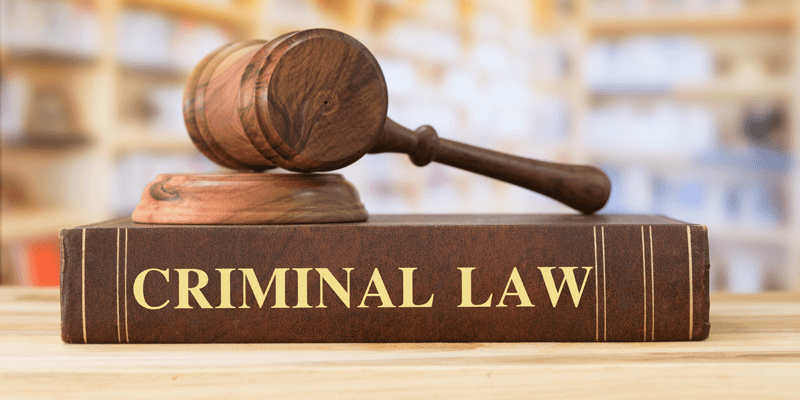The process of American criminal justice is a system with three major components: police, courts, and corrections. However, such a viewpoint is useful primarily for the reduction in complexity it provides. A more realistic approach to criminal justice may be the nonsystem approach. As a nonsystem, criminal justice is depicted as a fragmented activity in which individuals and agencies within the process have interests and goals that at times coincide but often conflict.
Defendants processed by the justice system come into contact with numerous workers whose duty it is to enforce the law but who also have a stake in the agencies employing them and who hold their own personal interests and values. As defendants wend their way through the system, they may be held accountable to the law, but in the process, they will also be buffeted by the personal whims of “officials” as well as by the practical needs of the system itself. A complete view of American criminal justice must recognize that the final outcome of any encounter with the criminal justice system will be a consequence of decisions made not just at the legislative level but in the day-to-day activities undertaken by everyone involved in the system. Hence the quality of justice is determined just as much by pressures on the system as by idealistic notions of right and wrong.
Multiculturalism complicates the practice of American criminal justice still further because there is rarely universal agreement in our society about what is right or wrong or about what constitutes “justice.”
An alternative way of viewing the practice of criminal justice is in terms of its two goals: crime control and due process. The crime-control perspective urges rapid and effective enforcement of the law and calls for the stiff punishment of lawbreakers. Due process, on the other hand, requires a recognition of the defendant’s rights and holds the agents of justice accountable for any actions that might contravene those rights. The goals of crime control and due process are often in conflict. Popular opinion may even see them as mutually exclusive, which contrasts the need to balance the rights of individuals against other valid social interests, especially the need for public order.
The central theme is represented by two opposing groups: individual-rights advocates and public-order advocates. The fundamental challenge facing the practice of American criminal justice is achieving efficient enforcement of the laws while recognizing and supporting the legal rights of suspects and the legitimate personal differences and prerogatives of individuals. This goal is made all the more difficult by changing social values and by rapid advances in the kinds of technology available to criminals. Nonetheless, the American mandate of crime control through due process ensures that criminal justice will remain an exciting and ever-evolving undertaking well into the twenty-first century and beyond.













